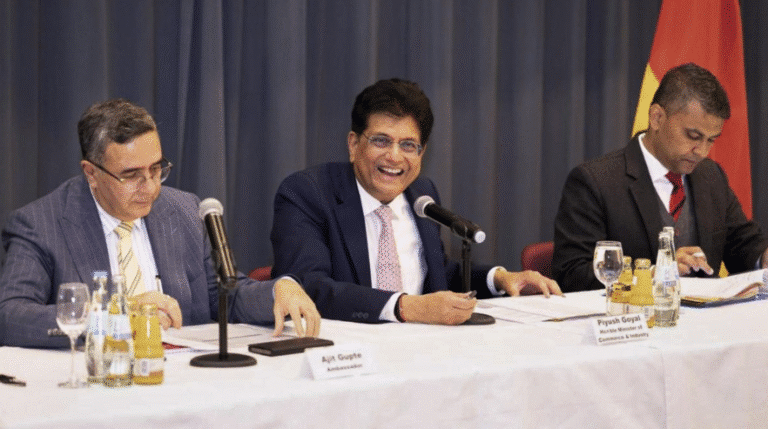
As trade tensions escalate, a critical question emerges: Will the rest of the world, even implicitly, coordinate retaliatory tariffs targeting prominent supporters of former President Donald Trump—figures such as Elon Musk? Historically, similar disputes have led to targeted economic responses, and this case may be no different.
Tesla, the electric vehicle giant led by Musk, recently warned of the risks associated with escalating tit-for-tat tariffs, underscoring the potential impact on U.S. manufacturing and global exports. Such measures could pressure key political figures within the White House and Congress to reconsider the broader economic implications of protectionist trade policies.
Beyond direct tariff measures, other mechanisms—such as the implementation of carbon border taxes—could further strain U.S. economic interests in international markets. The extent of these repercussions depends on how global leaders assess the current strength of American influence.
Some nations may determine that alternatives to U.S. economic dominance are more viable than before. With tariff threats now being issued in multiple directions, the world finds itself navigating unprecedented economic uncertainty.







